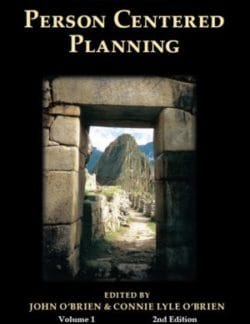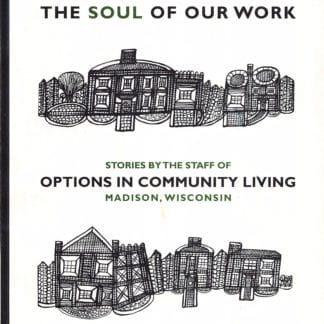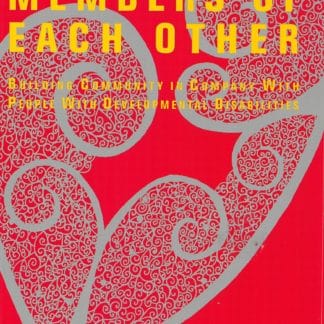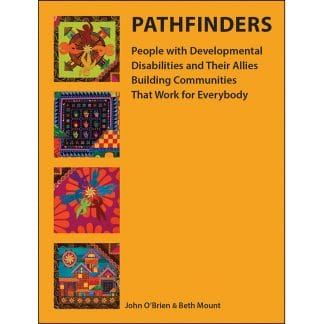Tell Me a Story of Deep Delight
An Account of the Work of a Network of Families in the Durham Region*
John O’Brien & Michael Callahan
2011
The Bureau of Labor Statistics reports that the US labor force includes 70% of work- ing aged people with no disability and 22% of working aged people with disabilities (BLS, December, 2009). To make the most of the opportunities that exist in this gap, employment services must produce adequate flows of knowledge to move people with disabilities from labor force exclusion to inclusion. Unfortunately, there are signs that the effort to support integrated employment for the portion of this gap formed by people with developmental disabilities is stalling.** As part of a strategy to restore lift, we focus on the subgroup of people with developmental disabilities who require individually negotiated employment conditions, identify some practic- es for creating practical knowledge, and illustrate their application in one element of assisting people into customized employment, the Discovery process (Callahan & Condon, 2007).
From the perspective of knowledge creation, every person who succeeds at a job does so by participating in relationships that produce sufficient practical knowledge to adequately answer four questions:
- Can I work?
- What kind of job interests me?
- How can I get that job?
- How can I succeed in that job?



